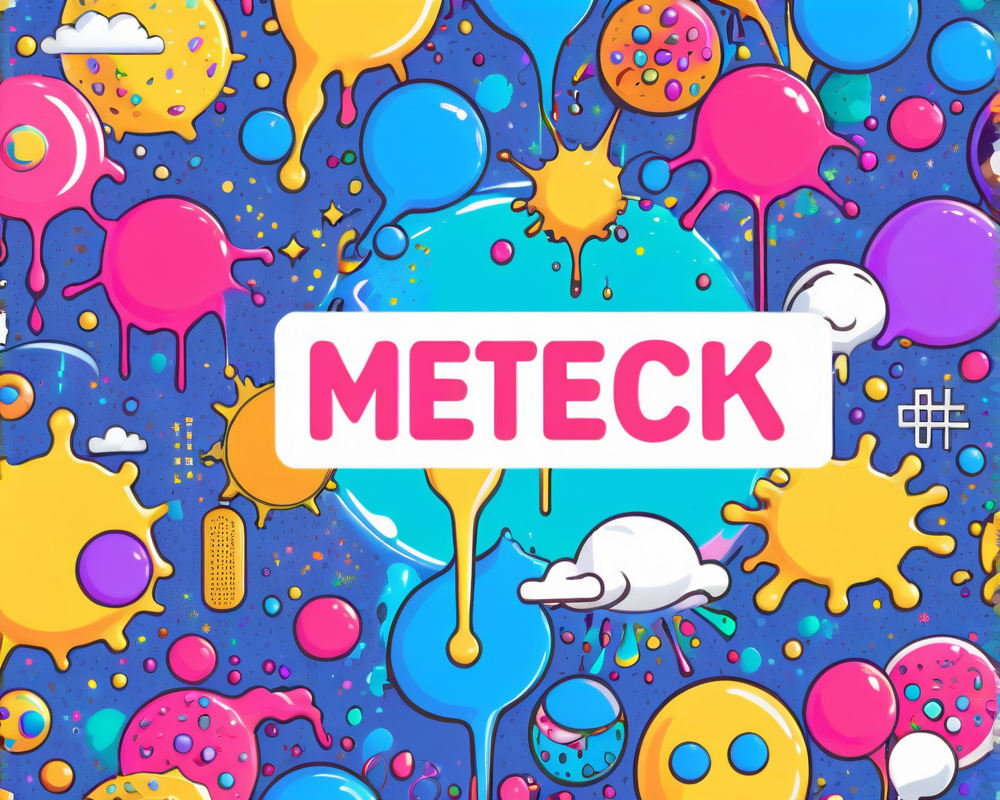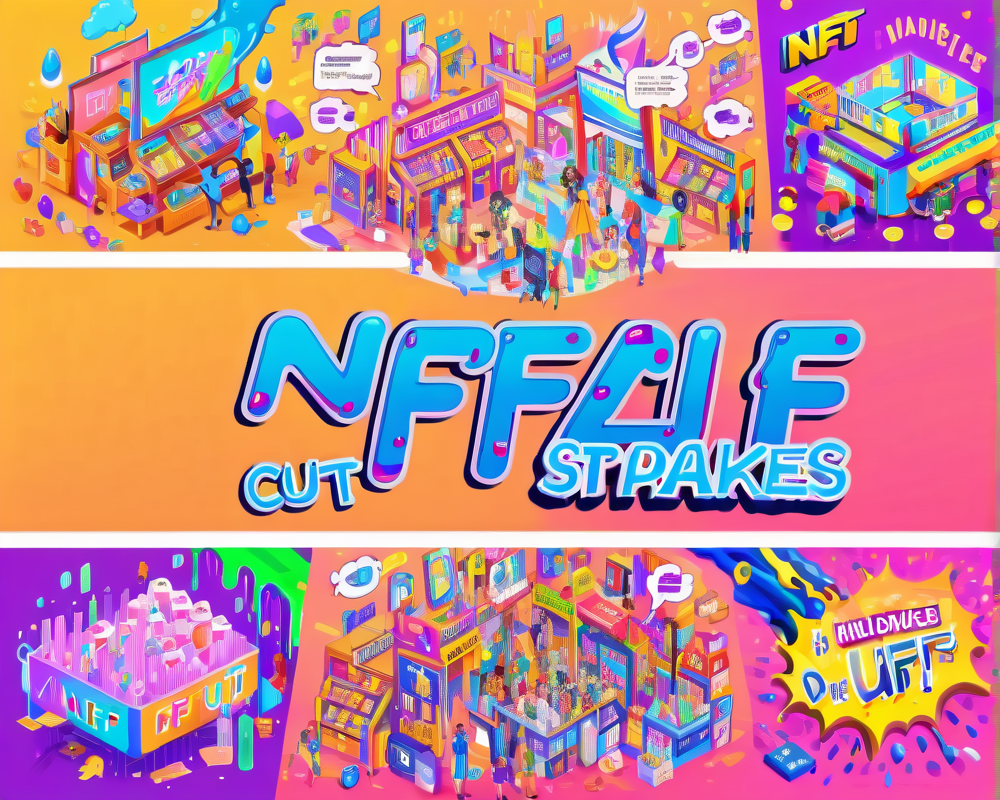What’s in a Name?
Ever heard the phrase “a name can say it all”? In the world of crypto and tech, that couldn’t ring truer. Take Kryptomon — it’s a catchy, playful title that hints at adorable digital creatures battling it out in the NFT arena. Simple, fun, and straightforward, right? Then, there’s Meta, which is like a cosmic puzzle piece that leaves you guessing what’s inside the box. It’s as ambitious as it is ambiguous, a clear signal that the race towards the Metaverse is on, but the actual rules of the game are still shrouded in mystery.
The Changing Face of Virtual Reality
Facebook’s transformation into Meta is a declaration of intent to dive deep into the waters of virtual and augmented realities. This isn’t just a rebranding; it’s a big, loud megaphone announcing their aspirations for an extensive ecosystem. Previous attempts, like the ill-fated Diem stablecoin launch, reflect the company’s strategy to break free from scrutiny — if only temporarily. Think of it as a game of hide and seek, but instead of seeking friends, they’re seeking independence.
The Struggle for Platform Dominance
Here’s where things can get controversial. Companies like Epic Games are throwing punches at giants like Apple and Google, accusing them of monopolistic behaviors. The irony? Epic is doing exactly what it accused others of by trying to carve out its own corner in the Metaverse. Users now face a situation akin to being stuck in a game where the rules keep shifting — one day you’re battling monsters in Kryptomon, and the next, you’re grappling with hefty app fees on another platform. Talk about user fatigue!
The Dangers of Digital Segregation
Imagine surfing the web and finding yourself on a little island, cut off from the mainland because your device only supports one version of reality. If the metaverse evolves into isolated sectors powered by incompatible protocols, we face a tech world resembling a fragmented parliament of platforms. Websites will need to download more than just text or images; they’ll require a full sensory suite just to engage. Without interoperability, this setup risks turning the internet into a piecemeal experience — enjoyable for some, but limiting for many.
Trusting Blockchain to Bridge the Divide
As we wander through this labyrinth of tech titans and shifting allegiances, one ray of hope shines through: blockchain technology. Smart contracts can serve as a neutral playground where trust doesn’t come from jargon-filled Terms of Service but from coded agreements. By removing ambiguity from digital exchanges, blockchain could become the quiet hero in this drama, fostering connections instead of divisions. It’s the perfect recipe for a more equitable Metaverse—a place where everybody can play, regardless of which company they’re rooting for.




